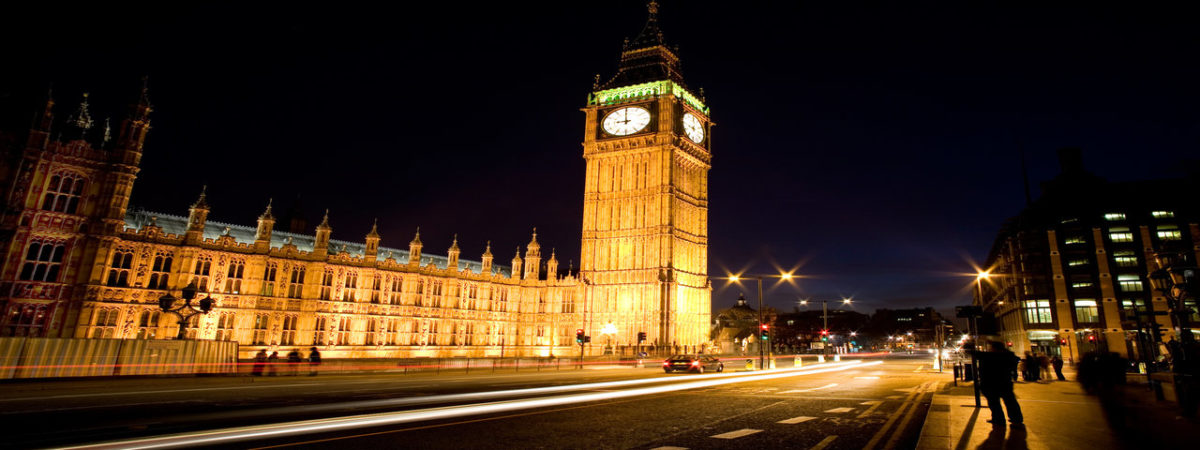Entrepreneurship and institutional reform, not aid, are the keys to reducing African poverty
SUGGESTED

Christians should celebrate entrepreneurship and business

Public spending cuts would lead to higher growth

Secure private property rights needed to encourage investment
The study is partly based on the empirical findings of the Enterprise Africa! project. Two years of detailed research on the continent suggests that the solution to Africa’s problems will be discovered by Africans themselves through their entrepreneurial efforts to realise the gains from trade. Development cannot be organised from outside.
A paper by Karol Boudreaux shows how commercial developments in Rwanda are serving to heal the deep wounds from the ethnic conflict in the 1990s. And in a study on Botswana, Jasson Urbach shows how mobile phone entrepreneurs are overcoming deficiencies in the basic infrastructure and lowering the costs of doing business.
In an award-winning essay, Professor James Tooley demonstrates that private education is thriving in countries such as Nigeria. Education entrepreneurs are providing schooling at a lower cost and of a higher standard than the state.
Two papers sound a note of caution on two high profile initiatives. Mwangi S. Kimenyi warns that the transfer of resources associated with the Millennium Development Goals could be counter-productive in terms of long-term economic performance, particularly if institutional reform is not achieved. Philip Booth and Linda Whetstone question the economic benefits of ‘fair trade’. The authors reveal that the majority of the Fairtrade Foundation’s net income is spent on promoting its own brand. Moreover, the fees and restrictions imposed by the Fairtrade Foundation may act as a barrier to poorer entrepreneurs. Fixed prices may also lead to the misallocation of resources, damaging developing economies in the long-term.
*Enterprise Solutions to Poverty in Africa, edited by Peter J. Boettke, Economic Affairs , Vol 27, No. 2, Institute of Economic Affairs, £7.50.
** Peter J. Boettke is the BB & T Professor for the Study of Capitalism at the Mercatus Center, George Mason University, VA.



